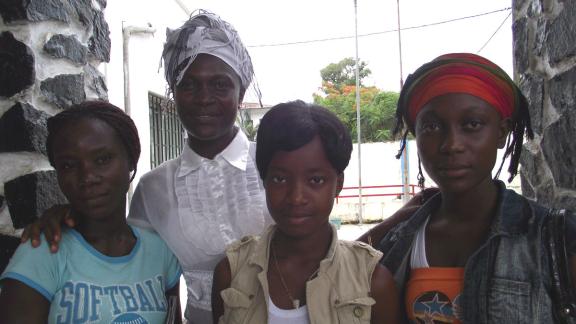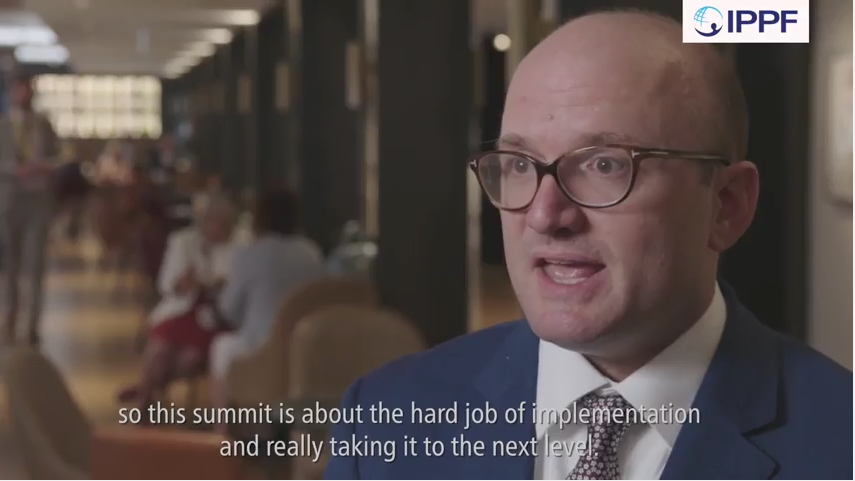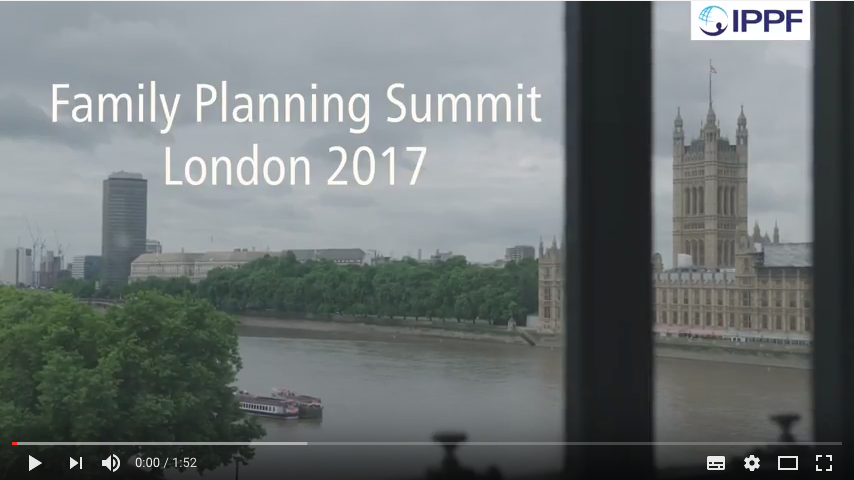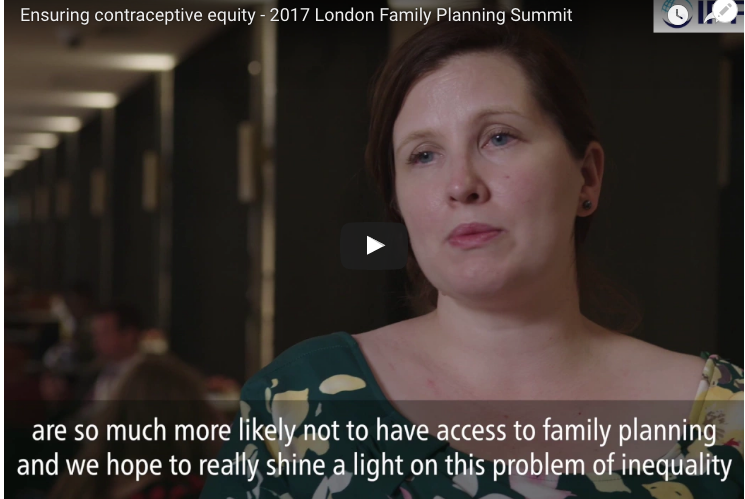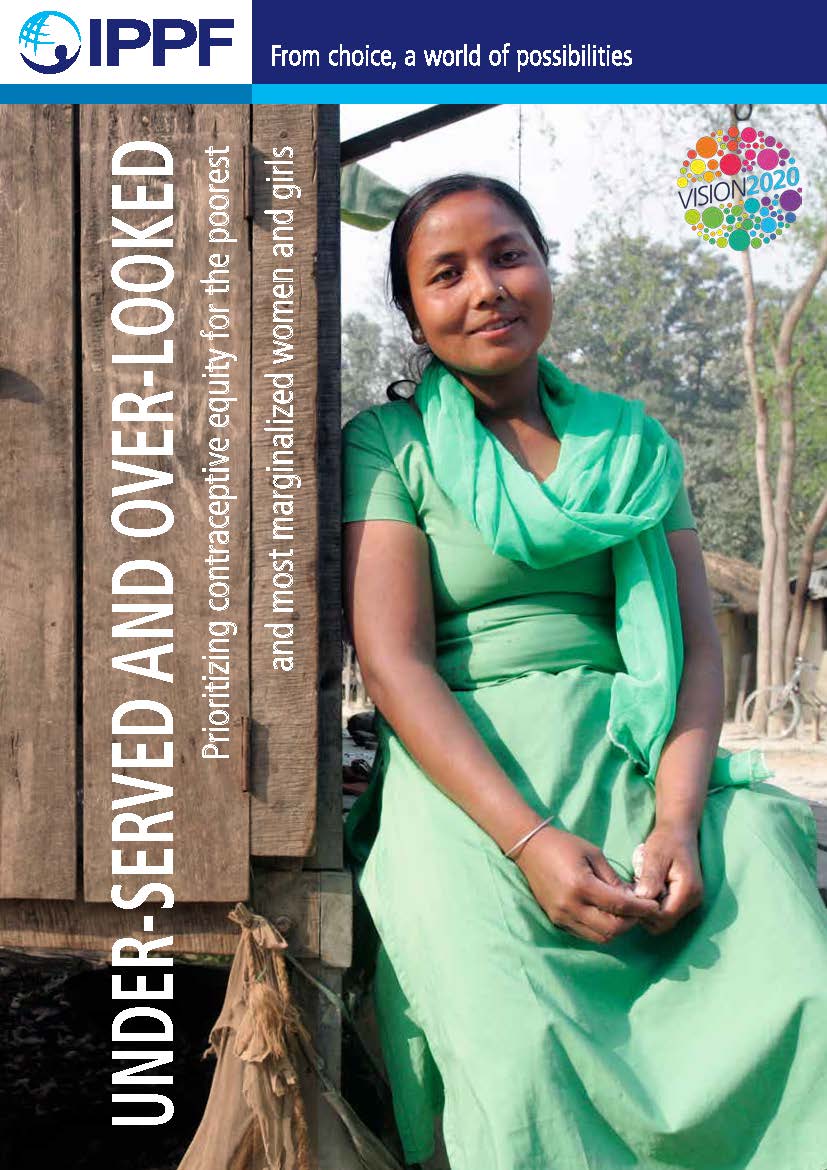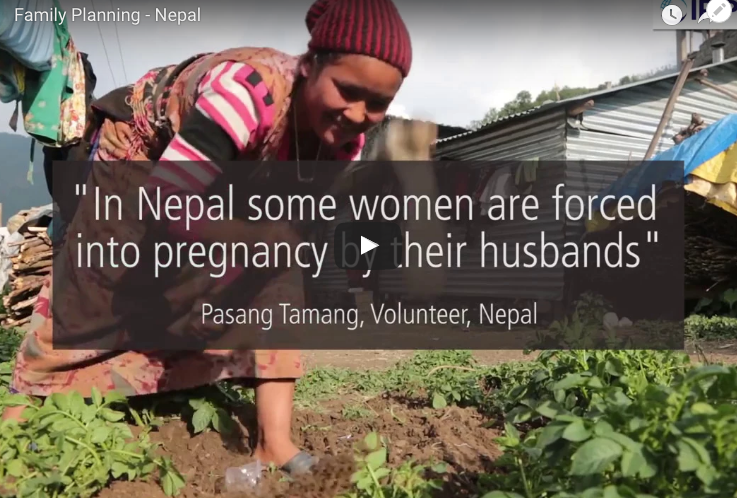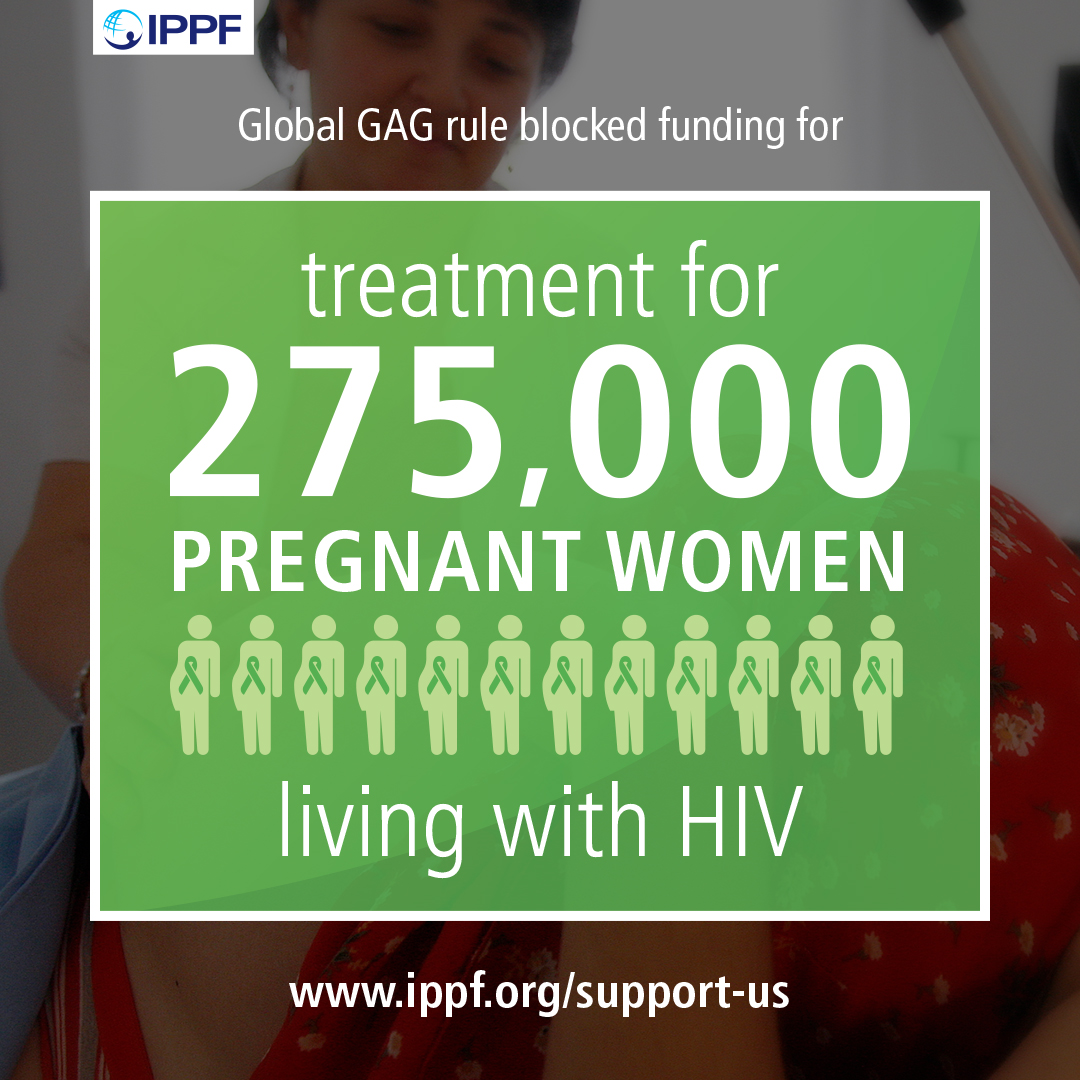The 2017 London Family Planning Summit held earlier this month has been celebrated as a success in renewing commitments for family planning. An impressive US$2.5 billion in funding commitments by new and old partners alike to ensure 120 million more women and girls have access to contraception. The Summit built a sense of hope and optimism for the family planning sector – a sector very much under threat in recent years and especially since the reinstatement and expansion of the Global Gag Rule.
And five years on from the 2012 Summit, the landscape looks very different – the universality of the Sustainable Development Goals (SDGs), greater political and financial commitment to family planning. Yet, we are also amid a rapidly changing aid environment – a contraceptive funding crisis, decreasing and diversifying official development assistance and reinstatement and decreasing funding for family planning.
The real work starts now. Civil society organizations like IPPF and our partners are renewing our efforts to work in partnership to ensure the commitments are translated into reality. The progress towards 2020 must address specific challenges including stockouts of contraceptives in many countries, wider contraceptive choice, and protection and promotion of women and girls’ rights.
But for now, let’s take stock of the four main highlights from the 2017 London Summit:
- Broader partnership: The meeting brought renewed momentum to the family planning movement, with a broader partnership joining the cause. Funding commitments were made from partners new and old. 13 new commitments from were made private sector companies, four times higher than in the 2012 Summit. Engagement with the private sector and with sectors beyond health, like the environmental protection sector, envision a path toward stronger, interlinked development agendas. New funding commitments were also made by Norway, Denmark, Australia, Belgium and the Netherlands. Pledges were also specifically made to UNFPA and She Decides. New collaborations are specifically important in the face of the loss of the largest bilateral donor of family planning – USAID.
- Interlinkages between climate and family planning: With an interlinked global agenda set forth in the Sustainable Development Goals, there is a need to address the interlinkages across sectors. This was perfectly illustrated by the commitment of IPPF’s partner Blue Ventures to address interlinkages between health and environment. Through focusing on the needs of communities, Blue Ventures is expanding cross-sector partnerships between health and environment organizations in seven FP2020 target countries. Together, IPPF, Blue Ventures and a number of other partners have been working for a number of years with Population Sustainable Development Alliance (PSDA) to highlight the interlinkages between environment, climate change and sexual and reproductive health and rights. Today more than ever before we need to join forces to tackle the challenges of climate change, while respecting communities’ need for sexual and reproductive health services and information.
- A focus on those left-behind: While the world is facing huge population shifts, the Summit emphasized the need to address the family planning needs of adolescents, displaced people and people living in humanitarian settings. There was a clear focus to reach women and girls left behind by traditional family planning programmes. Commitments from Belgium, Canada, Iceland, the International Rescue Commission (IRC), and Médecins du Monde (MdM) among others specifically highlighted FP in humanitarian contexts. Young people participated meaningfully on multiple platforms. IPPF launched the landmark report ‘Under-served and Over-looked’ to shine a light on the blind spot of family planning progress, and focus on the women and girls left behind. The report underscores the inequalities for poor women and girls in their inability to access full, free and informed choice. The report suggests programmatic and policy solutions to reach poor and marginalized women and girls towards greater contraceptive equity.
- Country ownership: As the world is tumbling towards a contraceptive crisis, more leadership is needed from partner countries to invest domestic resources in the health and wellbeing of their citizens. The meeting saw notable partner commitments from FP2020 focus countries, as well as first-time commitments from Chad, Haiti, and South Sudan. Greater national ownership of family planning programmes is crucial to the sustainability and progress of these programmes. With modern contraceptive prevalence rates as low as 5% in Chad and South Sudan, the recognition of the importance of family planning and women’s health will be transformative for their development. A number of Ministers of Finance attended, demonstrating a greater appreciation of the economic arguments for investing in family planning as a best buy intervention.
- Accountability Towards 2020, we must ensure that bold commitments made in 2017 in London translate into reality. These commitments and shifts in conversation are significant roadmaps, but reaching these goals requires a concerted effort from all stakeholders at every level. Greater accountability is needed not only to ensure political and financial commitments are fulfilled, but we also women and girls are able to access the information and services they want and need. Civil society has an important role to play to ensure citizen engagement within accountability. FP2020 will introduce a civil society focal point to its structure (along with donor focal point and government focal point), a reinforcement of the idea that none of the FP2020 goals can be achieved in silos.
For a sector reeling from growing political conservatism, the London Summit together with important initiatives of the She Decides movement has built a new sense of momentum, and renewed hope that the ambitious goals of FP2020 and the SDGs may one day be a reality. Together – through an expanded partnership – the sector must persevere towards universal access to family planning services and supplies. Yet we cannot forget the importance of women and girls whose lives depend on access to sexual and reproductive health services and supplies. We cannot forget them, and cannot afford to leave them behind.
Join our campaign: support universal access to contraception
Watch all videos related to the 2017 Family Planning Summit
This blog was written by Elisa Magalhaes, Paige Rogers and Erica Belanger, IPPF Advocacy Team
when
Blog Series
Expanding access
Subject
Contraception







